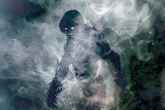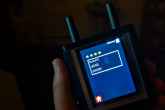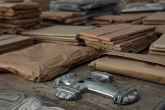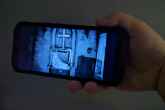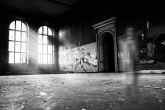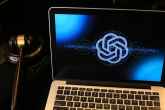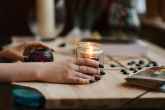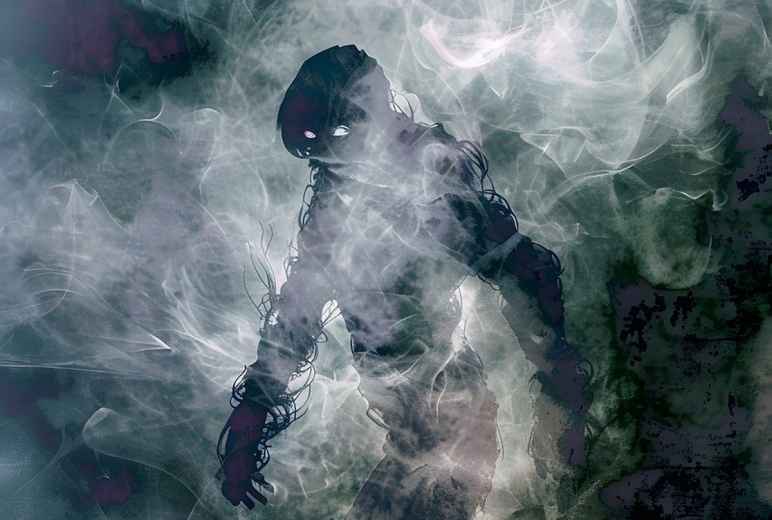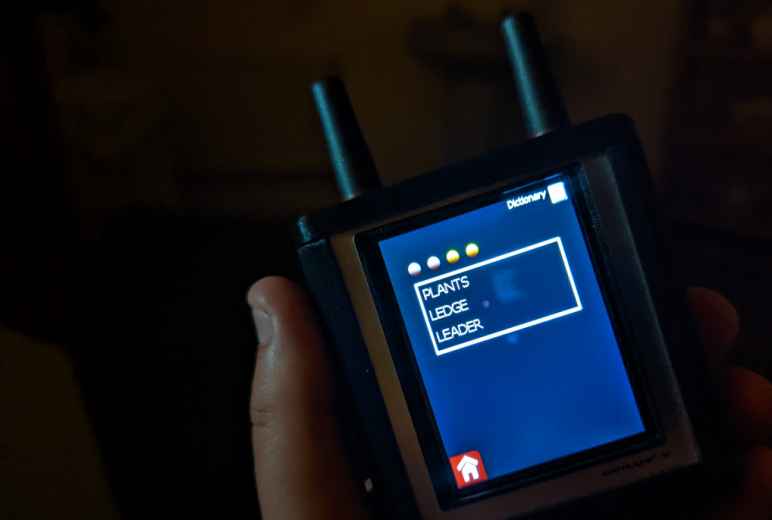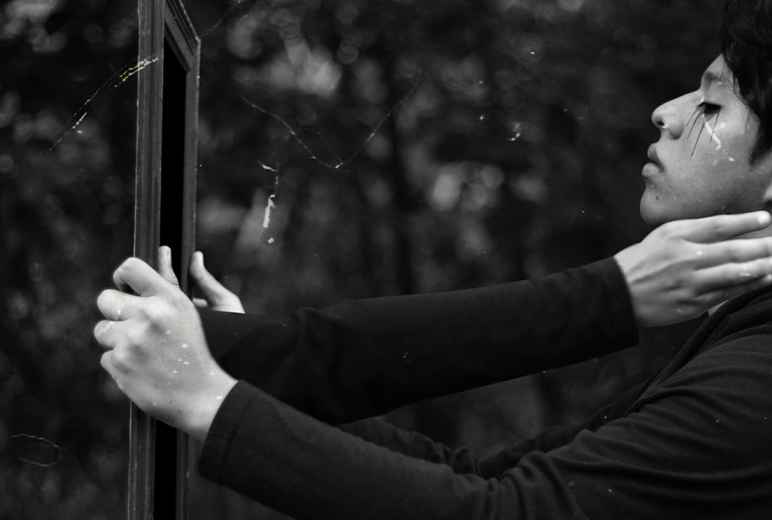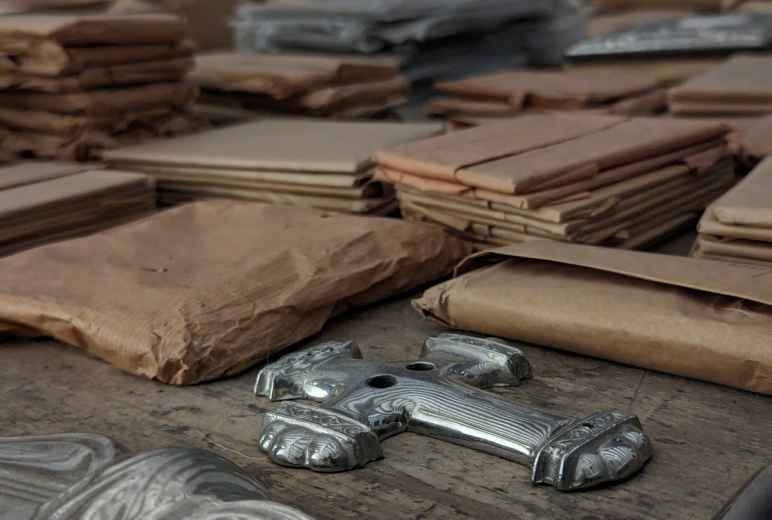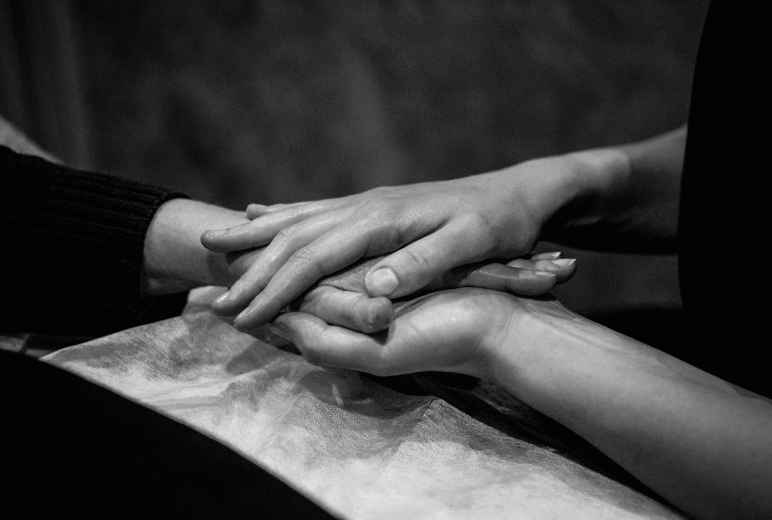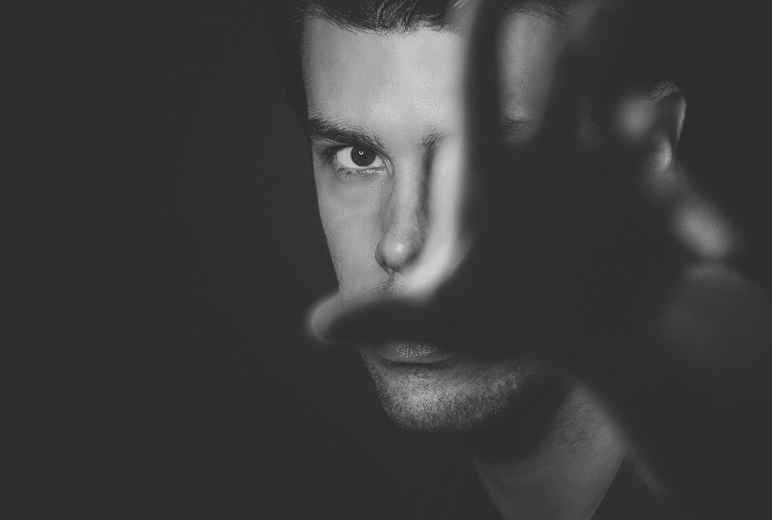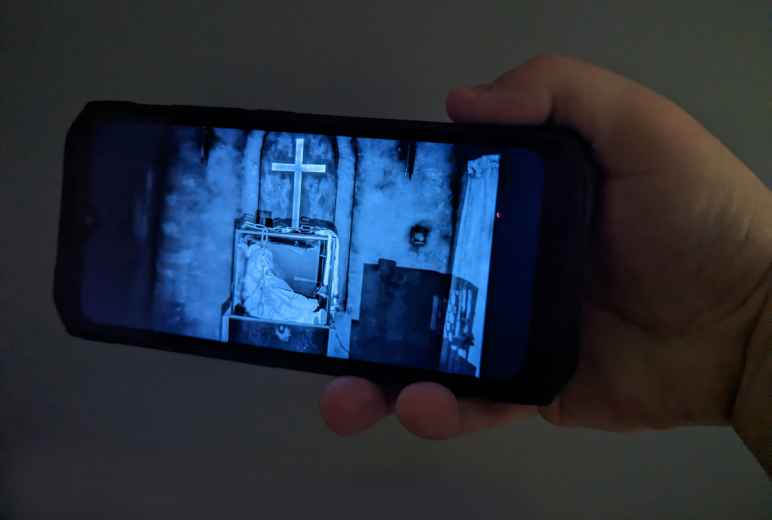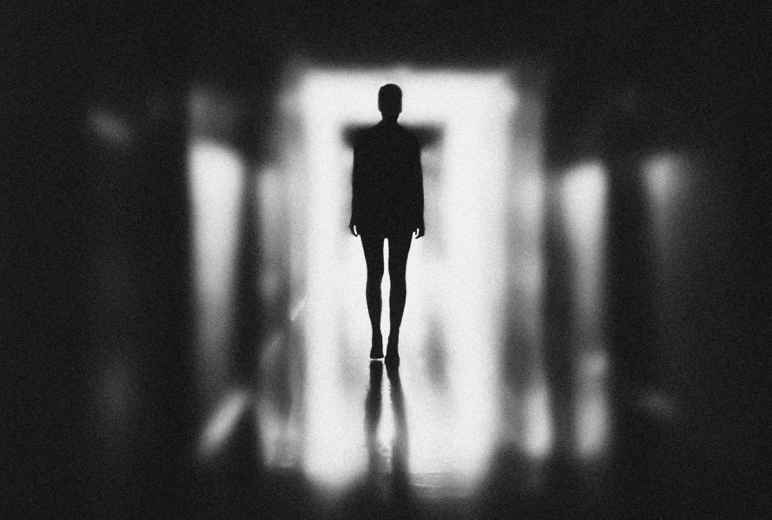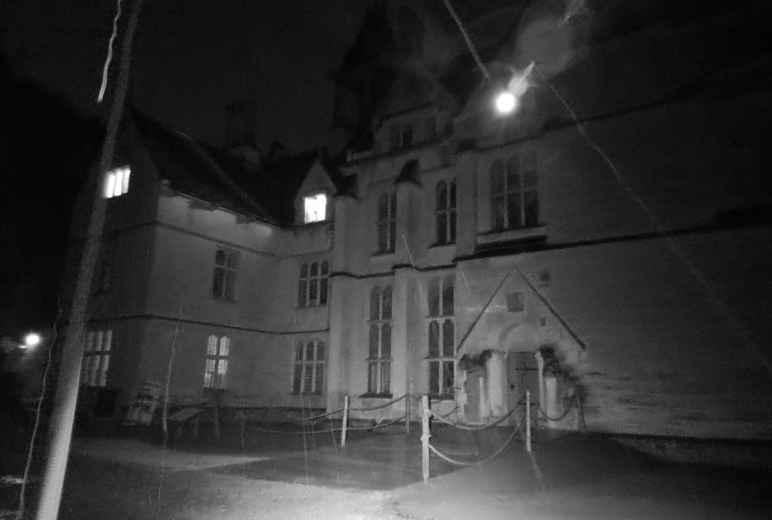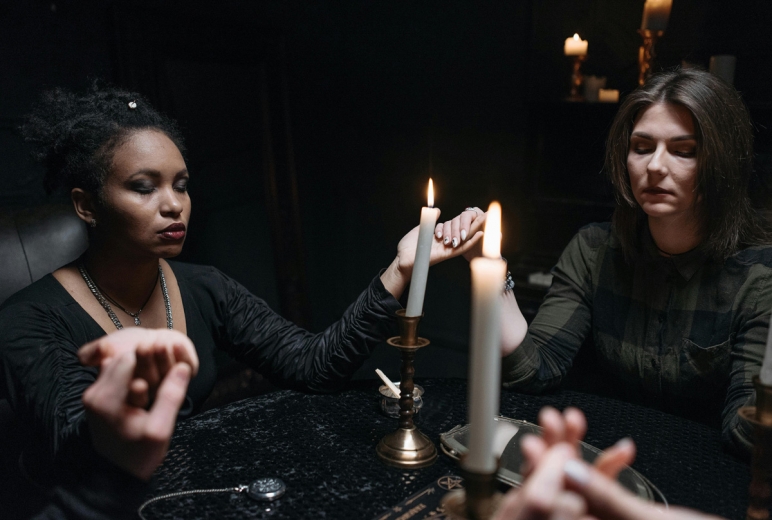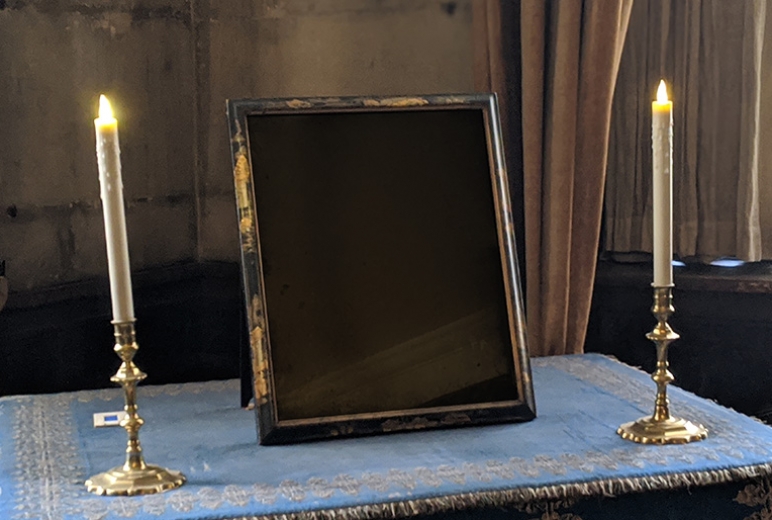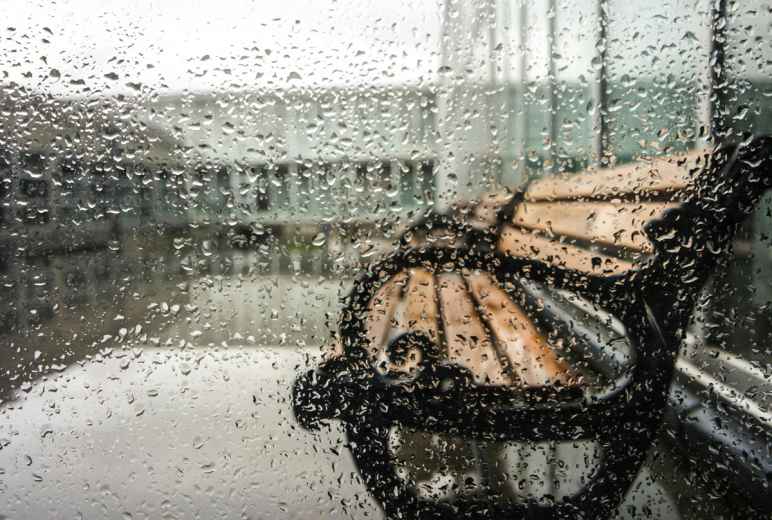Why You Should ALWAYS Research A Haunted Location Before A Paranormal Investigation
November 03, 2022 1:00 AM ‐ Ghost Hunting • Paranormal
This article is more than one year old.
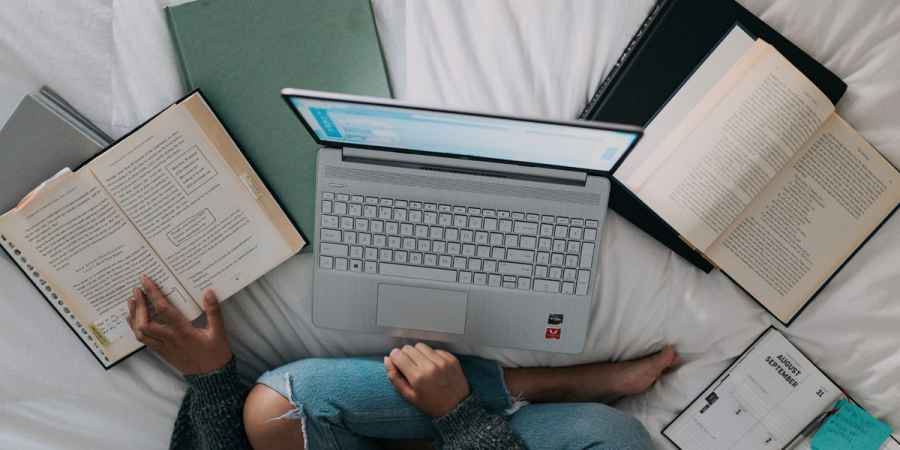
Photo: © Windows
Many paranormal investigators will tell you that you should never do any background research on an allegedly haunted location before you visit so that it doesn't influence the investigation, but this approach is flawed.
The idea of going in blind is that if you uncover a name, date or significant piece of information during your investigation, you know that you haven't been influenced by information you've already read about the location.
The approach doesn't really make sense. Any investigation, whether paranormal or not, should always be based on some initial research, if it isn't then you are clueless about where to start and which methods to use.
Researching a location in advance allows you to seek the necessary permissions, plan for emergencies and even manage things like on-site parking and toilet facilities.
Being clued up gives you the opportunity to consider the type of haunting and activity experienced there and shape your investigation around this. This can help with everything from determining which parts of the location to focus on, to which equipment to use, what team members to take and which methods you use.
For example if disembodied voices are frequently heard then you may wish to set up audio recording equipment around the location, if it's light anomalies or apparitions, then a video camera would be better.
If you've been called into a family home to investigate ghostly goings on in their basement, then you should know that it's the basement that they think is haunted, otherwise you could waste your whole time hunting spooks in every part of the house except for the basement.
Similarly, a property might be haunted by the ghost of children. If you know this in advance you can call out in such a way as to entice the children, or use trigger objects that might be appealing to kids.
Perhaps the phenomena occurs at very specific times or on certain days of the month, or even exclusively during the day. Knowing this in advance would be essential to planning when to visit.
Not knowing about a haunting before embarking on an investigation is like taking your car into the garage and the mechanic saying, "no, don't tell me what's wrong with it. I don't want to be influenced before I check the car over myself."
When it comes to researching a haunted location there are many options including searching the internet or reading local history books. You could also look for information at your local reference library, town hall or local historical society. It's also common practice to interview witnesses.
Most hauntings are said to occur on the site of a historic tragedy, whether it be a murder, a suicide, an untimely death due to illness, or an accident such as a car crash, drowning or fatal fall. The tragedy may even pre-date the property, perhaps it is built on a former battlefield, a plague pit or an ancient burial ground.
For this reason, in order to get the full picture, you should research the history of not only the property you are investigating but also the immediate area around the property and the former uses of the land.
By finding out who owned, lived and died in the property before the current owners, and on the land in the past, you can put together a list of questions that are better suited to the location and use these questions to call out and attempt to make contact.
Another important form of research to be conducted in advance is an initial walk around the property. This will give you an invaluable insight into the building and help you later eliminate any normally-occurring sounds or experiences that might be mistaken for paranormal activity.
Since it's obvious that you should leave no stone unturned when researching the history of a location, why do some investigators promote the idea of going in blind?
These investigators will tell you that if a name or piece of information comes through during an investigation that you knew in advance, then you might have subconsciously influenced the séance or experiment, which discredits the evidence.
However, the truth is, if your method of contact or experiment is open to subconscious influence, then any evidence obtained is already weak and should be discredited.
Paranormal investigators often talk about listening out for intelligent responses through devices like Spirit Boxes, but unless you know what to listen out for it's impossible to deduce whether a word or phrase heard is intelligent or not.
You might hear the name George spoken through the device, this could just be random noise that sounded like George, but because you don't know if George is relevant to the location or not, you assume it is an intelligent response. You might then spend the rest of the night asking for George to communicate with you when no such spirit haunts the building.
It is better to ask the spirit its name knowing what the answer should be. If it replies clearly with a name that you have already researched, then this allows you to ask the spirit to confirm this and say it's name again. Repeatable evidence is always much stronger and credible.
Of course, if you know names and details about the location, then you might think you've heard these words when conducting experiments, when in fact that's not what's being said at all. This is pareidolia, the human tendency to perceive meaningful patterns in random information, this can be visual or audible.
The problem here is not so much that your prior knowledge is increasing the possibility that you might imagine hearing something that's not really there, but more that you are conducting an experiment that is open to interpretation.
For example, asking a spirit to spell out its name on a Ouija board is open to subconscious manipulation if those with their finger on the planchette know the name in advance, but even if the sitters don't know the spirit's name, they still can't rule out the fact they aren't subconsciously moving the planchette based on the first name that pops into their heads.
Alternatively, you could use a method such as tapping and ask the simple question, "is your name George?" And encourage the spirit to tap once to indicate 'no' and twice to indicate 'yes'. In this experiment you should get a clear and definitive response of either yes or no, regardless of whether you know the name in advance or not.
Clearly, being forearmed with details about the location in this sort of experiment is hugely beneficial as you will immediately know if the spirit has answered as expected, the response should backup and verify the claims related to the building, and the response will allow you to formulate meaningful follow-up questions.
Having said this, there are times on investigations when you'll want to withhold information from certain people present. This is necessary when working with psychic mediums. When working with a spiritual medium, what you're fundamentally doing is testing their claimed abilities rather than investigating the haunting. Obviously if a psychic knows the details about the location in advance, then their insights are meaningless.
Related Content
Daily Horoscopes
You May Also Like
